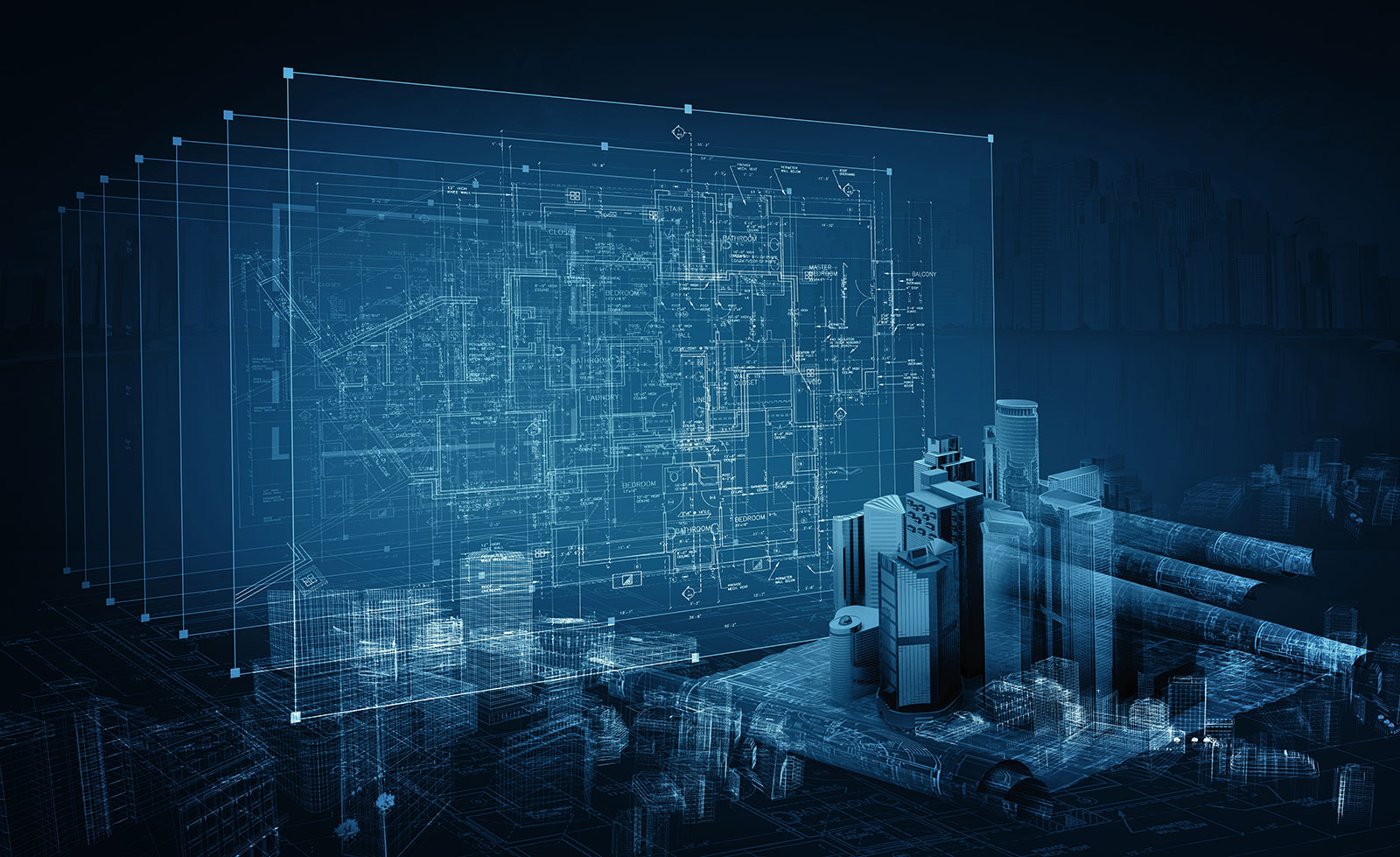Construction industry employees make up around 7% of the global labour force, with more than 11.4 trillion dollars being spent on construction-related activities last year. However, despite this depth of resource and cash flow, the growth of the construction industry as a whole has remained flat. Why is that?
As a BIM Company, we can say from experience that many employees in the construction industry are nervous about adopting new technologies and the changes this may bring, which is one of the reasons that this industry is not as digitally advanced as others. However, over the past few years, we have seen a shift in the productivity of the construction industry, with the adoption of AI (Artificial Intelligence) as part of the BIM process.
The use of AI – intelligence that is exhibited by computers – is a growing trend in many industries globally. Based on the natural intelligence shown by animals who mimic other animals to escape predators or catch prey, artificial intelligence entails computers mimicking human cognitive functions.
The more computers are exposed to data, the more insights it can glean from this data, and therefore do what a human can do but more quickly and efficiently – while continually learning as it goes along. Therefore, the integration of relevant data into your 3D model can help with faster project delivery and efficient project planning.
AI can bring many benefits to BIM, such as:
#1 Help to justify cost changes
Many construction projects go over budget, as there are many complex tasks involved and expecting everyone to work at the same competency level and rate is not realistic. This means that both budget and time schedule can be subject to a bit of volatility. The introduction of machine learning and AI can, therefore, help to prevent cost overruns as it can provide you with a realistic timeline based on the data it has been previously fed. This can significantly speed up the timeline of the project which in turn accelerates the project delivery.
#2 Reinforces learning
AI learns based on trial and error as it allows the computer to review several alternative outcomes and assess which ones work best for a large set of data. This helps the computer to provide you with a well-reviewed output which is stored away in the computer’s memory to help you plan future projects in a better way.
#3 More efficient design
It is really important to ensure there are no clashes between mechanical, engineering and plumbing systems when we are constructing 3D models. Therefore, the sequence of these activities and the timeline need to be reviewed carefully to ensure clashes are prevented in order to prevent spiralling costs and delays in the delivery of the project. With the use of AI, we can now create clash-free models that save both time and money.
#4 Increase in Productivity
We live in an era of robotic cars that sense their surroundings and can move around with no human input required. It seems clear, then, that at some point we are going to expand on this robotic knowledge to create machines that can help in construction activities. Therefore, we may in the future, no longer need humans to operate bulldozers and excavators, as the machinery will be self-operated. This not only reduces the project timeline but also the cost of labourers required on-site and should dramatically improve the health and safety too.
#5 Off-site Construction
Off-site construction and prefabricated buildings are becoming more popular, with many construction sites being developed where AI-driven machines lay the basic groundwork and put together the basic components of a building. These components are then put together into the final building, by humans on the end site. What AI does in this situation, is to help improve the overall quality of the project while speeding up the timeline.
As you can see, integrating AI with BIM for construction projects, can not only help reduce costs and help deliver more efficient projects, but it can also make the working environment safer, which all adds up to greater productivity.
To find out more about the BIM outsourcing services The CAD Room offer, please contact us today.

